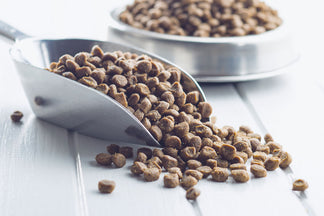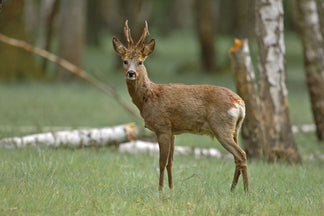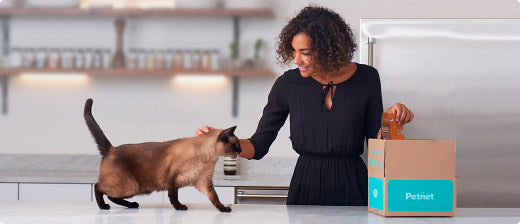It’s important to note that senior cats have slightly different nutritional needs, just as kittens do. Kittens need slightly MORE protein than adult cats and contrary to conventional wisdom out there, senior cats protein intake does not necessarily need to be decreased, but it should be closely monitored. Senior cats frequently suffer from chronic kidney disease (CKD) and overfeeding protein, especially some of the poor quality protein found in dry kibble can make that condition much worse.
CKD is not easy to detect until it is well advanced and must be diagnosed through the use of medical tests. Since CKD is a chronic, slow to develop disease, it is thought that many cats over the age of ten suffer from the disease, so many “senior” cat foods are made with lower levels of protein. In theory, that’s not a bad thing, but as cats age, they are also susceptible to sarcopenia or loss of muscle mass due to aging and reduced protein levels may make that condition worse.
This is why an automatic switch to a lower level of protein may not be beneficial to your cat. If you decide to go with a senior cat food, be sure and read the label and monitor your cat’s condition and reaction to the food. The fact is that many healthy senior cats still require high protein diets to thrive.
It is important to note that unlike many other mammals, including humans, a cat’s caloric needs do not decrease as they age, so it’s important to maintain proper nutritional requirements, including protein throughout their lives.
In addition, some diseases such as diabetes require nutritional adjustments, so be prepared to work with your veterinarian and carefully examine your cat food ingredients and body condition in order to make proper adjustments for your cat. For more information on common sources of protein in pet food, check out our previous post.

 Food
Food
 Food
Food
 Food
Food
